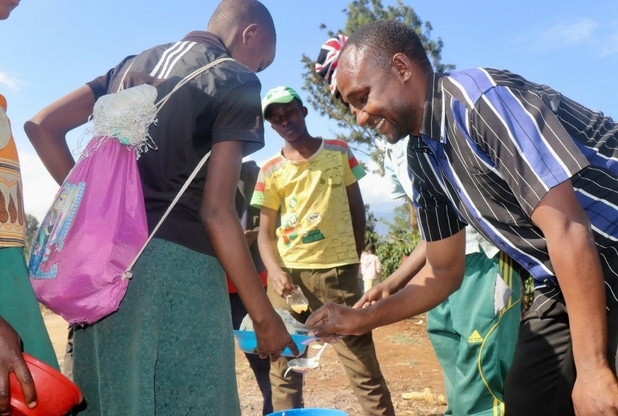Former Tunbridge Wells Girls’ Grammar pupil Beth Stephens , 21, is this week travelling to Shimbwe village in Tanzania. Last year, she spent three months there as a volunteer teacher. This time she is going for the ‘forseeable future’. Here she tells us all about it:Â
In 2017, I was fortunate enough to work for a couple of people who live in Tunbridge Wells who are friends of my family and who happen to have founded the Shimbwe Development Trust in Tanzania -a charity that works to relieve poverty.
Through their lifelong ambition to supply safe drinking water to the population of Shimbwe, Peter and Leocardia Tesha have transformed the rural village in which they grew up.
Local support for the Kent-based organisation has helped eliminate the risk of typhoid fever, parasitic infestations and other waterborne diseases for thousands of people in the village.
Among its other projects, the Shimbwe Development Trust has been investing in education since 1998, when development of the only standing secondary school was completed.
While I was first out there finding my feet – between being ‘madam’ to students at Shimbwe Secondary and token ‘mzungu’ [European] to the Chagga tribesmen and women of the village – I met Mathew Tillya. His first piece of advice was to avoid the local banana beer.
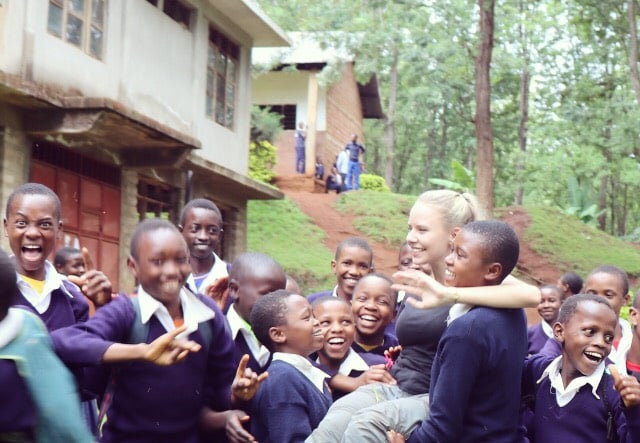
Mathew’s education was sponsored by the Tesha family, an act of goodwill that led to him registering his own non-profit organisation in 2009.
“My own experiences are quite telling,” Mathew said. “My father died when I was young leaving my mother without any income. Through Dr Peter Tesha and Leocardia Tesha’s sponsorship, I was able to stay in education.
“Without their kindness, I would not be a holder of a Master’s degree.
“I am working day and night to make sure that children in the area have the opportunity to find a way out of poverty.
“An education can transform the lives of young people, especially young people living in rural areas. It can promise a better future.”
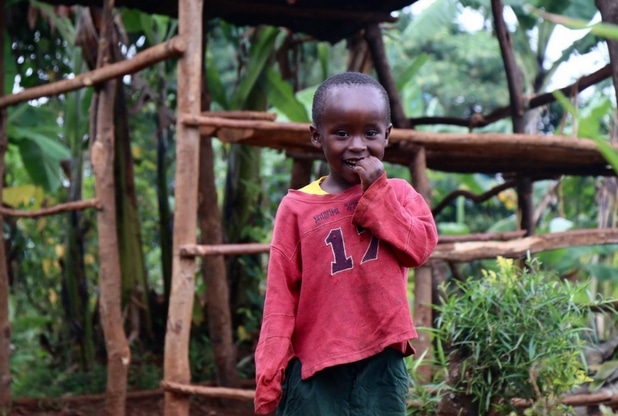
The non-government organisation Community Secondary Education Support [COSES Tanzania] operates in Kilimanjaro – a region famed for its green bananas and arabica coffee – as
well as the world’s tallest free-standing mountain.
Many of its communities, which have become responsible for their local government schools, are experiencing deepening poverty as crop yields decline.
“Some families are poor beyond imagination. At times, basic needs are well beyond their reach,” said Mathew.
Often, this means children are sitting in class without food in their stomachs, shoes on their feet, or the books and stationery needed to be at school.
Because less than 20 per cent of the population is registered at birth, many of these children are left
out of the sponsorship programmes led by global charities.
Inspired by Neema, a student at Sia Primary School, COSES discovered how sponsorship is beginning to reshape education for young people in the Kilimanjaro region.
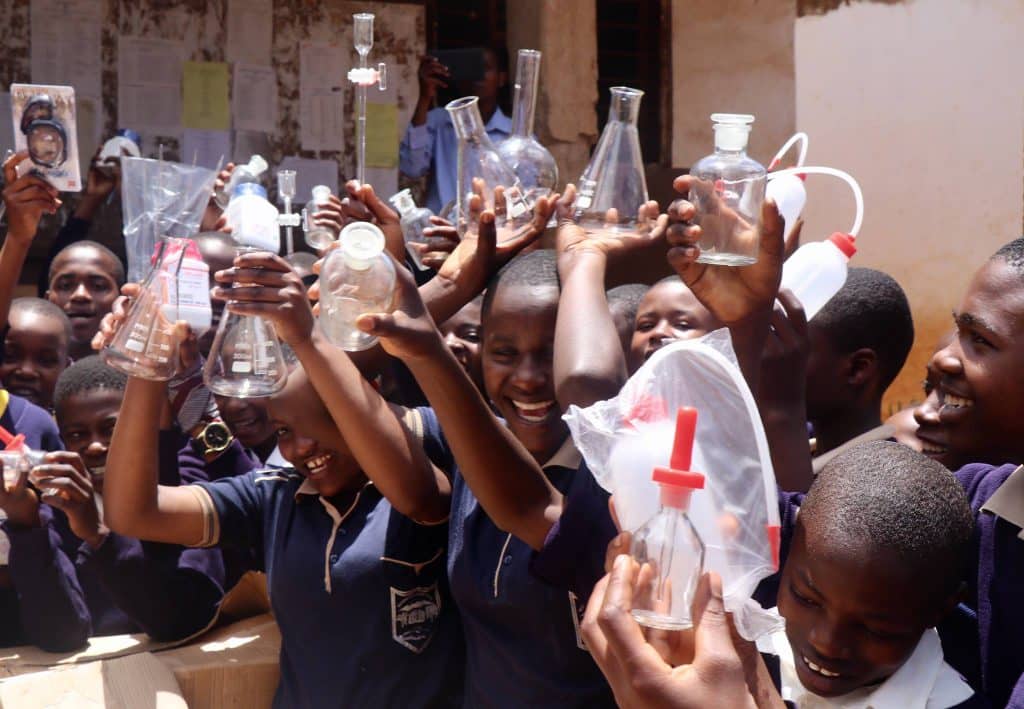
At the age of six, Neema’s place in the classroom was threatened by her domestic responsibilities. Her school career has been defined by insecurity as her guardians are unable to work and struggle to support her education.
“Our main concern was that Neema might have to leave school,” said Mathew. “I was in a very similar situation, and would have had to leave to find work without the support I received.”
One of his aims is to ensure the wellbeing of students, giving them the best opportunity for academic success.
“One of the real issues facing poor kids is hunger,” he explained.
“As much as a child wants to be at school, it is impossible to push those feelings aside to concentrate on work. The cost of school meals are the first thing we think of when supporting students.”
While sponsorship operates on a priority-need basis, COSES has taken the education of girls and young women into serious consideration, influenced by Leocardia Tesha’s status as the first woman of Shimbwe to attend a secondary school.
“Female students have always had to overcome more than their male classmates to be educated,” Mathew continued.
“One of the great significances in educating women is that they make up the majority of our population by 60 per cent.
“Girls need to be in school, working for a better future for themselves, their families, and for our great Tanzanian nation.”
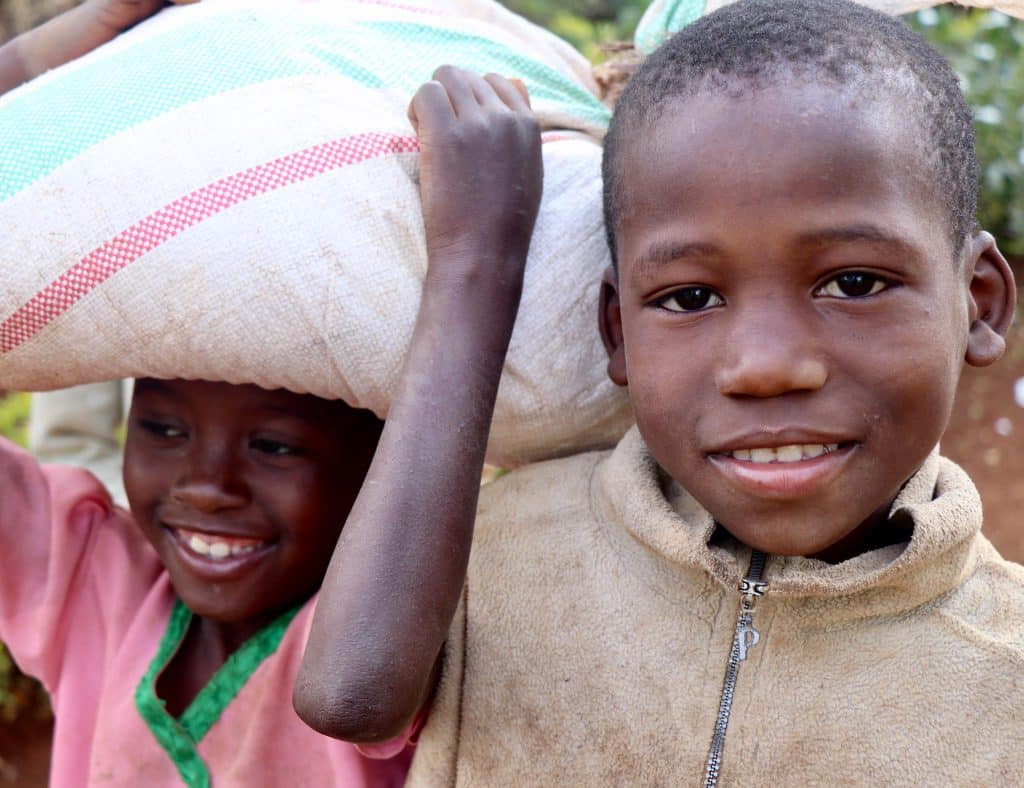
Mathew’s charity is confronting some of the issues that stand in the way of women’s education, prioritising the lack of sanitary products and contraception in medical aid initiatives.
While there is still much work to be done
to alleviate the pressures placed on underprivileged students in the region, sponsorship has proved to be one way in which stories can change, as Mathew’s did through the help of Leocardia and Peter Tesha.
The Shimbwe Development Trust has transformed the landscape of Shimbwe, improving the lives of many, and continues to inspire further change.


